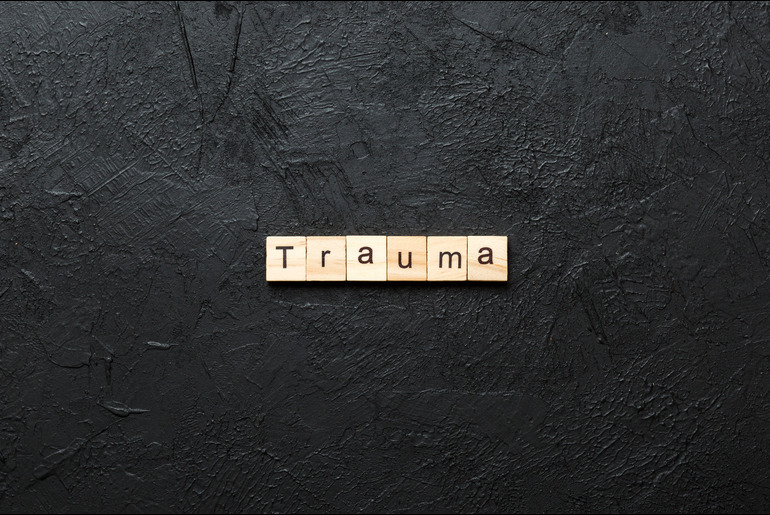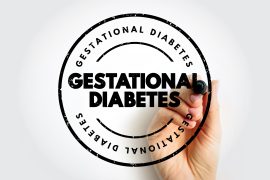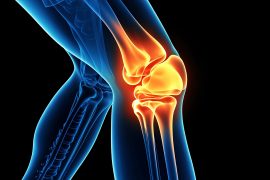In times of crisis, knowing what to do and how to respond can make all the difference in helping those in need. One thing that can improve our emergency response is understanding trauma and how it affects people. When we think about being prepared for emergencies, the need for trauma awareness is something we can’t ignore.
Being aware of how trauma impacts both the body and mind means we’re better equipped to handle not just the physical injuries but the emotional ones, too. And when we’re prepared this way, we can make a real difference in how people cope and recover after a traumatic event.
Understanding Trauma and Its Impact
Trauma can show up in many ways—it can be emotional, psychological, or physical. It’s often a response to something deeply upsetting, like a natural disaster, a car accident, or even a personal loss. The effects of trauma can vary from person to person. Some people may have visible injuries, while others might carry invisible wounds, like feelings of fear, shock, or anxiety.
When someone experiences trauma, their ability to think clearly or make decisions might get clouded. This is why it’s crucial for everyone involved in an emergency, whether it’s a first responder or a bystander, to understand trauma and how it affects a person’s mind and body. With this awareness, we can offer better care, act more thoughtfully, and reduce the chances of worsening the situation. And this is precisely where the need for trauma awareness comes in.
Key Elements of Trauma Awareness in Emergency Preparedness
Recognizing Trauma Signs
The first step in being trauma-aware is recognizing the signs of trauma. When someone is affected by a traumatic event, they may show signs like confusion, difficulty communicating, or even rapid breathing. You might also notice physical reactions like shaking or sweating. Understanding these signs is crucial, as it allows you to provide the right kind of support. A simple gesture, like offering a calm presence or clear instructions, can make all the different.
Psychological Impact
Trauma doesn’t just affect the body—it can profoundly impact a person’s mental and emotional state. After a traumatic event, feelings of helplessness, fear, or anxiety are common. That’s why offering emotional support during these times is so important. Sometimes, just being there to listen or offering comforting words can help a person feel safer and more at ease. Emotional awareness helps us show kindness and patience when needed most.
Immediate Medical Attention
Of course, trauma awareness isn’t just about understanding emotional effects. Physical injuries also need to be addressed promptly. Trauma can affect the body in ways we might not immediately recognize, so it’s vital to act quickly when treating injuries. Recognizing the signs that trauma is affecting someone’s physical well-being—such as pale skin or irregular breathing—helps in prioritizing care and ensuring the person gets the attention they need as soon as possible.
How Trauma Awareness Enhances Emergency Preparedness
Trauma awareness is key to improving emergency preparedness because it helps individuals and communities respond in a compassionate and effective way. When we understand how trauma impacts people, we can act in ways that reduce further harm and support recovery. It’s not just about taking quick action; it’s about taking thoughtful, informed action that prioritizes both physical and emotional well-being.
Improved Response Time
When we know what to expect during a traumatic event, we’re better prepared to react quickly and effectively. Whether it’s a first responder, a volunteer, or even someone on the scene, recognizing signs of trauma—like shock—means that immediate steps can be taken to stabilize the person. For example, knowing that someone in shock needs warmth, reassurance, and possibly medical care can significantly improve their chances of recovery. Being trauma-aware lets us act swiftly and in the best interest of the person affected.
Reduced Risk of Re-traumatization
Sometimes, while trying to help, people may unintentionally cause further distress. This can happen when certain words or actions trigger memories of the traumatic event, leading to re-traumatization. This is where trauma awareness really comes into play. By understanding what might cause someone to relive their trauma, responders can avoid making the situation worse. Whether it’s preventing overwhelming questions or being mindful of the person’s emotional state, being trauma-aware ensures that we’re acting in helpful and healing ways.
In short, trauma awareness makes us more prepared, compassionate, and capable in times of crisis. It’s not just about providing medical care—it’s about offering a full spectrum of support that helps people heal both physically and emotionally.
Steps to Build Trauma Awareness for Emergency Preparedness
Now that we understand how vital trauma awareness is for emergency preparedness, it’s time to look at how we can build this awareness. Fortunately, there are some simple yet effective steps we can take to ensure that everyone, from first responders to community members, is better prepared to handle trauma during emergencies.
Training and Education
The most powerful way to build trauma awareness is through training. Offering courses that teach people how to recognize trauma and respond effectively is one of the best ways to improve preparedness. This training can be targeted at first responders, healthcare workers, and even members of the community. By educating people on the signs of trauma, how to react, and the best ways to offer support, we ensure that everyone is ready to respond in the right way when an emergency occurs.
Promote Emotional Support Systems
Trauma isn’t just about physical injuries—it’s about emotional healing, too. That’s why it’s so important to create strong emotional support systems. Having mental health professionals, counsellors, or even trained volunteers who can offer emotional support during times of crisis is critical. These individuals can help people process their feelings, offer comfort, and ensure that trauma victims are supported in their recovery. When people feel emotionally cared for, it can make a world of difference in their healing process.
Collaborate with Mental Health Experts
In emergencies, it’s essential to address both physical and emotional needs. While first responders and medical professionals focus on treating physical injuries, it’s just as essential to bring mental health experts into the fold. Partnering with psychologists, counsellors, or social workers ensures that the emotional needs of those affected by trauma are addressed. By combining medical and emotional support, we can offer a more holistic approach to helping people heal after an emergency.
Create Trauma-Informed Policies
Finally, it’s important to create trauma-informed policies that guide how we respond to emergencies. These policies should ensure that those affected by traumatic events are treated with care and dignity. This means having protocols in place for communicating with trauma victims, offering psychological support, and minimizing anything that could trigger further distress. A trauma-informed policy makes it clear that emotional well-being is just as important as physical health in an emergency situation.
Conclusion
By understanding how trauma impacts individuals—both physically and emotionally—we can respond more effectively when crises strike. Trauma-aware individuals and communities are better equipped to offer timely, compassionate, and comprehensive support, ensuring that both the immediate and long-term needs of those affected are met.
Preparing to handle trauma saves lives and restores hope, strength, and resilience, helping communities navigate adversity with greater unity and care.
References:





Comments are closed.